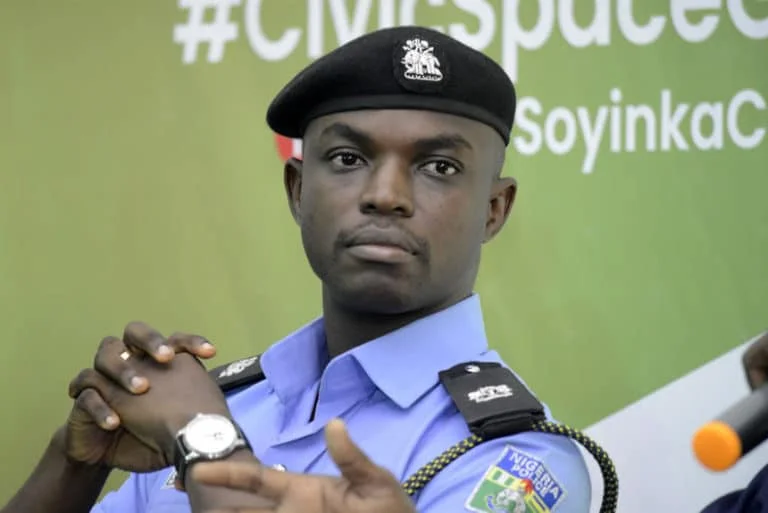A 58-year-old man tragically lost his life while engaging in a rigorous spiritual practice of dry fasting in the Alagbado area of Lagos State.
The incident, which has raised concerns about the dangers of extreme fasting, was confirmed by the Lagos State Police Public Relations Officer, SP Benjamin Hundeyin, during a press briefing on Tuesday.
The unfortunate event occurred on Monday, at approximately 6:00 a.m., when the man, whose identity has not been disclosed, was found unresponsive.

The discovery was made by his younger brother, who immediately reported the matter to the Alagbado Police Division later that evening around 7:00 p.m.
According to the police report, the deceased had embarked on a 19-day dry fasting, a spiritual exercise that involves abstaining from both food and water for an extended period.
It is believed that the man, in his quest for spiritual fulfilment or divine intervention, undertook this extreme form of fasting, which ultimately led to his demise.
The circumstances surrounding his decision to fast for such a prolonged period remain unclear, but it underscores the potential risks associated with extreme fasting practices.
SP Hundeyin, in his statement to the press, confirmed that no foul play was suspected in the man’s death.
The police’s preliminary investigation did not reveal any signs of violence or external interference, leading authorities to conclude that the death was likely a result of complications arising from the prolonged fast.
The man’s family, who had been notified of the incident, requested that the body be released to them for burial without further delay.
The deceased’s younger brother, who made the report, did not provide extensive details about the motivations behind the fasting or the specific religious or spiritual context in which it was undertaken.
However, this tragic incident has sparked conversations about the potential dangers of extreme fasting and the need for greater awareness of the health risks involved.
Dry fasting, while practised by some religious groups and individuals seeking spiritual purification, is known to carry significant health risks, especially when done for extended periods.
The human body requires regular intake of water and nutrients to function properly, and depriving it of these essentials can lead to severe dehydration, electrolyte imbalances, and organ failure.
Medical experts have repeatedly warned against prolonged fasting without proper supervision, stressing that such practices can be life-threatening.
This incident in Lagos serves as a poignant reminder of the thin line between faith and fanaticism.
While many people turn to fasting as a means of spiritual growth or penance, it is crucial to approach such practices with caution and a clear understanding of one’s physical limitations.
In some cases, individuals may become so engrossed in their spiritual quest that they overlook the potential dangers, leading to tragic outcomes like this one.
The Lagos State Police Command, in their handling of the case, has respected the family’s wishes to proceed with the burial without further investigation.
This decision, however, does not diminish the importance of educating the public about the potential risks associated with extreme fasting.
Religious leaders, health professionals, and community leaders all have a role to play in ensuring that individuals who engage in fasting or other forms of spiritual discipline do so in a safe and informed manner.
In conclusion, while fasting remains a deeply personal and spiritual practice for many, it is essential to recognise the importance of balance and moderation.
The tragic death of this 58-year-old man highlights the need for increased awareness and education on the risks of extreme fasting.
It is a call to action for both religious and health communities to work together in providing guidance that prioritises the well-being of individuals while respecting their spiritual journeys.
Support InfoStride News' Credible Journalism: Only credible journalism can guarantee a fair, accountable and transparent society, including democracy and government. It involves a lot of efforts and money. We need your support. Click here to Donate
